Mandatory Supervised Release to be modernized to better support re-entering citizens
Amendments to MSR included in HB 3653, the SAFE-T Act, reduce the amount of time people spend under correctional surveillance, which impedes reentry success instead of supporting people as they return home.
JHA championed the fight to modernize Mandatory Supervised Release, or MSR, in 2021. Every person sentenced to prison in Illinois is required to serve a term of MSR in the community after they complete their term of imprisonment. Approximately 24,000 Illinoisans were on MSR in early 2021.
Amendments to MSR were included in House Bill 3653, omnibus criminal justice reform legislation also known as the SAFE-T Act (Safety Accountability Fairness Equity Today), which was signed into law by Governor Pritzker in February 2021 and will be implemented July 1, 2021. Prior to this reform, the length of MSR terms was dictated by a 40-year-old statute rather than by modern evidence-based best practices. Thus, Illinois’ approach to supervising people released from prison was antiquated, expensive, and ineffective.
Evidence shows that subjecting people to unnecessary correctional supervision impedes successful re-entry. The reform to MSR ushered in by the SAFE-T Act reduces the length of MSR for most people leaving prison, thereby lessening the barrier of unnecessary correctional supervision for many. This was a great first step; but there is more to be done to change and improve MSR.

